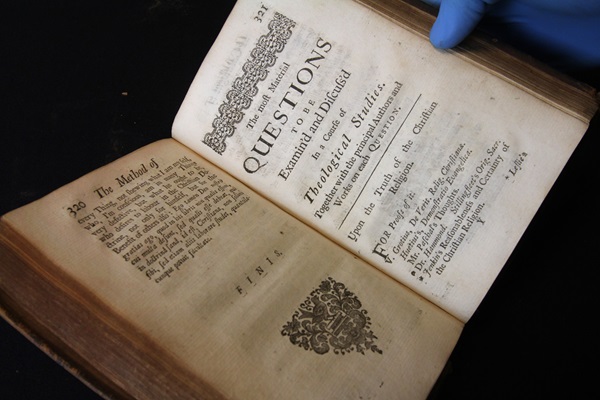The short answer is no.
United Methodists affirm that through Jesus Christ God has made salvation available to all persons. That does not mean we believe that all persons will be saved.
In Article XII of The Confession of Faith we affirm that at the general resurrection of the dead and Christ's judgment of all people (living and dead), there will be some whom Christ will judge "wicked," and they will experience "endless condemnation."
In John Wesley's day, there would have been some who would have called what Wesley taught "universalism." Certainly, Wesley's view (and ours) is more universal than that of some of his 18th century critics. Some of those critics believed that Christ's death had value only for those God had predestined to receive salvation. John Wesley (and we) teach that Christ's death creates the possibility that all may be saved. We believe salvation is God's response and offer of love, and that love does not compel people to accept it. We do not believe that God predestines some to salvation and others to condemnation.
We would say it would be improper to refer to our view as "universal salvation" or "universalist." A universalist view would be that God has saved everyone, and no one faces a final judgment that leads to the possibility of "endless condemnation." We reject that view in favor of the biblical witness to a final judgment in which it is clear not all will proceed to life in the New Creation (Matthew 25:41-46, Revelation 21:8).
This content was produced by Ask The UMC, a ministry of United Methodist Communications.





